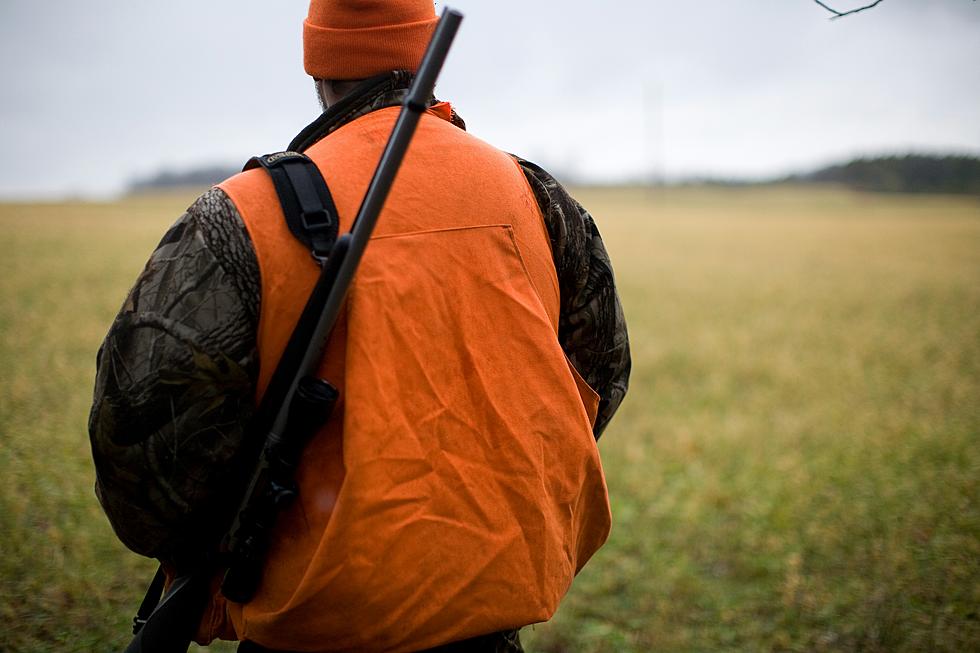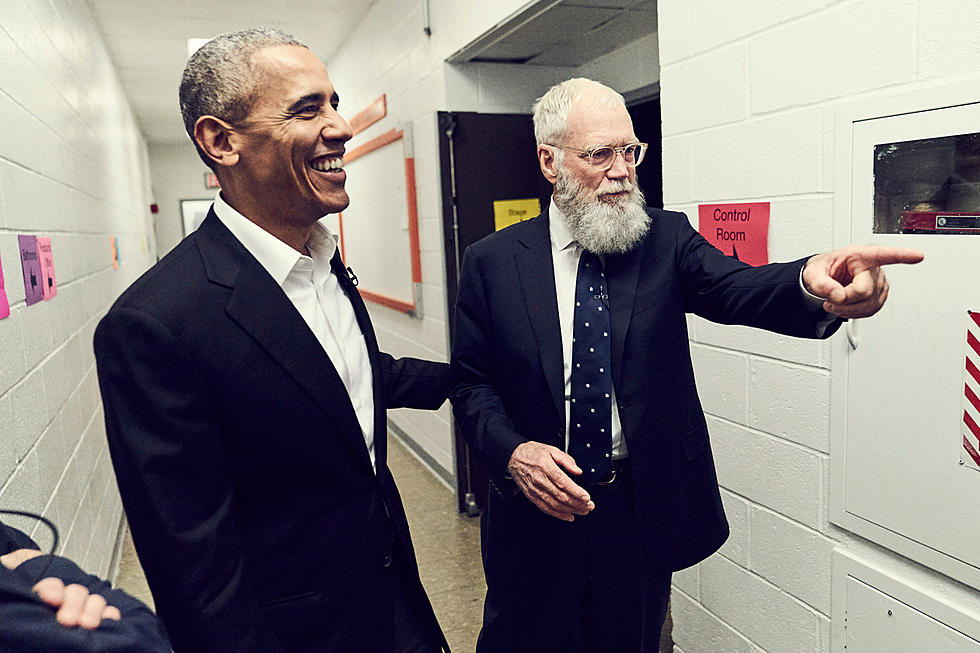
Phone Call By Kuwaiti Courier Led US To bin Laden’s Doorstep, Capping A Decade-Long Hunt
It's amazing to read all the legwork and spy games that took place to get to the events that unfolded Sunday. Analysts say that President Obama's decision to move on this attack, when no visual confirmation existed that Osama bin Laden was in that house, was one of the gutsiest decisions a president has made in recent memory. It paid off in large part to all the painstaking work that had been done ahead of time.
When one of Osama bin Laden's most trusted aides picked up the phone last year, he unknowingly led U.S. pursuers to the doorstep of his boss, the world's most wanted terrorist.
That monitored phone call, recounted Monday by a U.S. official, ended a years-long search for bin Laden's personal courier, the key break in a worldwide manhunt. The courier, in turn, led U.S. intelligence to a walled compound in northeast Pakistan, where a team of Navy SEALs shot bin Laden to death.
The violent final minutes were the culmination of years of intelligence work. Inside the CIA team hunting bin Laden, it always was clear that bin Laden's vulnerability was his couriers. He was too smart to let al-Qaida foot soldiers, or even his senior commanders, know his hideout. But if he wanted to get his messages out, somebody had to carry them, someone bin Laden trusted with his life.
Shortly after the Sept. 11, 2001, terrorist attacks, detainees in the CIA's secret prison network told interrogators about an important courier with the nom de guerre Abu Ahmed al-Kuwaiti who was close to bin Laden. After the CIA captured al-Qaida's No. 3 leader, Khalid Sheikh Mohammed, he confirmed knowing al-Kuwaiti but denied he had anything to do with al-Qaida.
Then in 2004, top al-Qaida operative Hassan Ghul was captured in Iraq. Ghul told the CIA that al-Kuwaiti was a courier, someone crucial to the terrorist organization. In particular, Ghul said, the courier was close to Faraj al-Libi, who replaced Mohammed as al-Qaida's operational commander. It was a key break in the hunt for in bin Laden's personal courier.
"Hassan Ghul was the linchpin," a U.S. official said.
Finally, in May 2005, al-Libi was captured. Under CIA interrogation, al-Libi admitted that when he was promoted to succeed Mohammed, he received the word through a courier. But he made up a name for the courier and denied knowing al-Kuwaiti, a denial that was so adamant and unbelievable that the CIA took it as confirmation that he and Mohammed were protecting the courier. It only reinforced the idea that al-Kuwaiti was very important to al-Qaida.
If they could find the man known as al-Kuwaiti, they'd find bin Laden.
The revelation that intelligence gleaned from the CIA's so-called black sites helped kill bin Laden was seen as vindication for many intelligence officials who have been repeatedly investigated and criticized for their involvement in a program that involved the harshest interrogation methods in U.S. history.
"We got beat up for it, but those efforts led to this great day," said Marty Martin, a retired CIA officer who for years led the hunt for bin Laden.
Mohammed did not discuss al-Kuwaiti while being subjected to the simulated drowning technique known as waterboarding, former officials said. He acknowledged knowing him many months later under standard interrogation, they said, leaving it once again up for debate as to whether the harsh technique was a valuable tool or an unnecessarily violent tactic.
It took years of work before the CIA identified the courier's real name: Sheikh Abu Ahmed, a Pakistani man born in Kuwait. When they did identify him, he was nowhere to be found. The CIA's sources didn't know where he was hiding. Bin Laden was famously insistent that no phones or computers be used near him, so the eavesdroppers at the National Security Agency kept coming up cold.
Ahmed was identified by detainees as a mid-level operative who helped al-Qaida members and their families find safe havens. But his whereabouts were such a mystery to U.S. intelligence that, according to Guantanamo Bay documents, one detainee said Ahmed was wounded while fleeing U.S. forces during the invasion of Afghanistan and later died in the arms of the detainee.
But in the middle of last year, Ahmed had a telephone conversation with someone being monitored by U.S. intelligence, according to an American official, who like others interviewed for this story spoke only on condition of anonymity to discuss the sensitive operation. Ahmed was located somewhere away from bin Laden's hideout when he had the discussion, but it was enough to help intelligence officials locate and watch Ahmed.
In August 2010, Ahmed unknowingly led authorities to a compound in the northeast Pakistani town of Abbottabad, where al-Libi had once lived. The walls surrounding the property were as high as 18 feet and topped with barbed wire. Intelligence officials had known about the house for years, but they always suspected that bin Laden would be surrounded by heavily armed security guards. Nobody patrolled the compound in Abbottabad.
More From B105





![Bad Lip Reading Covers Inauguration Day and It’s Perfect [VIDEO]](http://townsquare.media/site/150/files/2017/01/bad-lip-reading.png?w=980&q=75)



